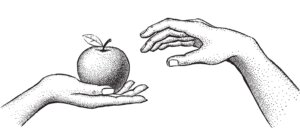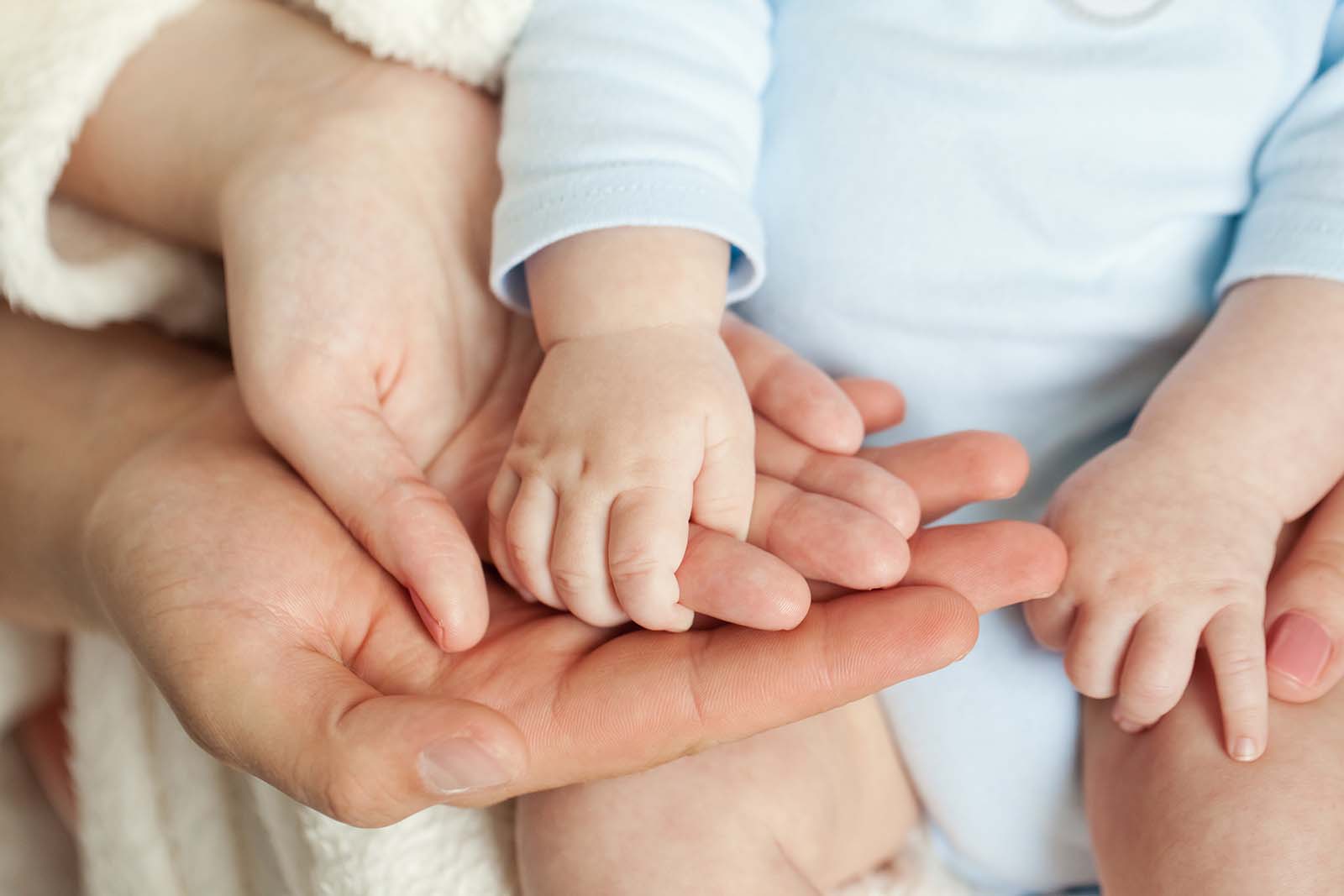
God created our first parents as the pinnacle of his creation:
“Then God said; Let us make man in our image, after our likeness; and let them have dominion over… [every living thing] upon the earth. So God created man in his own image, in the image of God he created him; male and female he created them. And God blessed them and said to them: Be fruitful and multiply, and fill the earth and subdue it; and have dominion over… every living thing that moves upon the earth.” (Genesis 1:26-28)
God created us with complete dominion over our bodies and all living things, with only one exception to that dominion: “But God said: You shall not eat of the fruit of the tree which is in the midst of the garden, neither shall you touch it, lest you die” (Genesis 3:3).
What was “the fruit of the tree in the midst of the garden”? If this fruit was from a living plant, then Adam and Eve would have had dominion over it and it would not be sinful to eat. But Scripture teaches us that fruit can also be of the human body (Deuteronomy 7:13; 28:4, etc.), “of the womb” (Genesis 30:2; Psalm 127:3), or “of steadfast love” (Hosea 10:12): “the fruit of the righteous is a tree of life” (Proverbs 11:30; 14:14). This means that the fruit of the tree in the midst of the garden must have been interior to Adam and Eve’s bodies, which were at the center of God’s material creation. Only that fruit—representing their whole self-gift—they should not even touch lest they would die, lose dominion over themselves, and over all things.
“So when the woman saw that the tree was good for food, and that it was a delight to the eyes, and that the tree was to be desired to make one wise, she took of its fruit and ate; and she also gave some to her husband, and he ate. Then the eyes of both were opened, and they knew that they were naked” (Genesis 3:6-7).
Treating this “fruit” as ordinary food objectivized it, rupturing the original unity and innocence between Adam and Eve (feeling shamed, objectivized, “naked”), destroying creation’s harmony, separating their bodies from their person and from God: “It is my body, I can do anything I want with it… It’s not a baby but just a clump of cells… That’s not my grandma, just her body as she checked out long ago… I’m a man trapped in a woman’s body….”
When we take God out of the picture—as did Eve and Adam—we come to view our body as an object for pleasure or utility (for oneself or another), separating our body from the self it represents. Objectivizing our persons’ bodies naturally leads to abortion (“it’s not a person”), birth control (separating the “fruit of the womb” from love), euthanasia, etc., treating the body like an object with no self. Our bodies are not external objects but inseparably united to our very self, to who we are. We have been created male and female in God’s image and likeness, called to live in harmony with that divine likeness, seeing our bodies—and those of others—as incarnate persons… as Christ himself.
We may have rights (dominion) over objects, but not over a child, who is always a gift. “The supreme gift of marriage is a human person. A child may not be considered a piece of property… [but] the fruit of the specific act of the conjugal love of his parents, [with] the right [self-dominion] to be respected as a person from the moment of his conception” (CCC 2378). Sensitive to married couples’ desire for the gift of children, the Church encourages natural methods for helping couples conceive (NaPro Technology, for example), which respects the child’s right to be a fruit of the self-gift that each spouse offers to the other in their gametes. The Church condemns artificial insemination, in vitro fertilization, sperm/ovum donation, and surrogate motherhood:
Spouses who still suffer from infertility after exhausting legitimate medical procedures should unite themselves with the Lord’s Cross, the source of all spiritual fecundity. They can give expression to their generosity by adopting abandoned children or performing demanding services for others. (CCC 2379)


